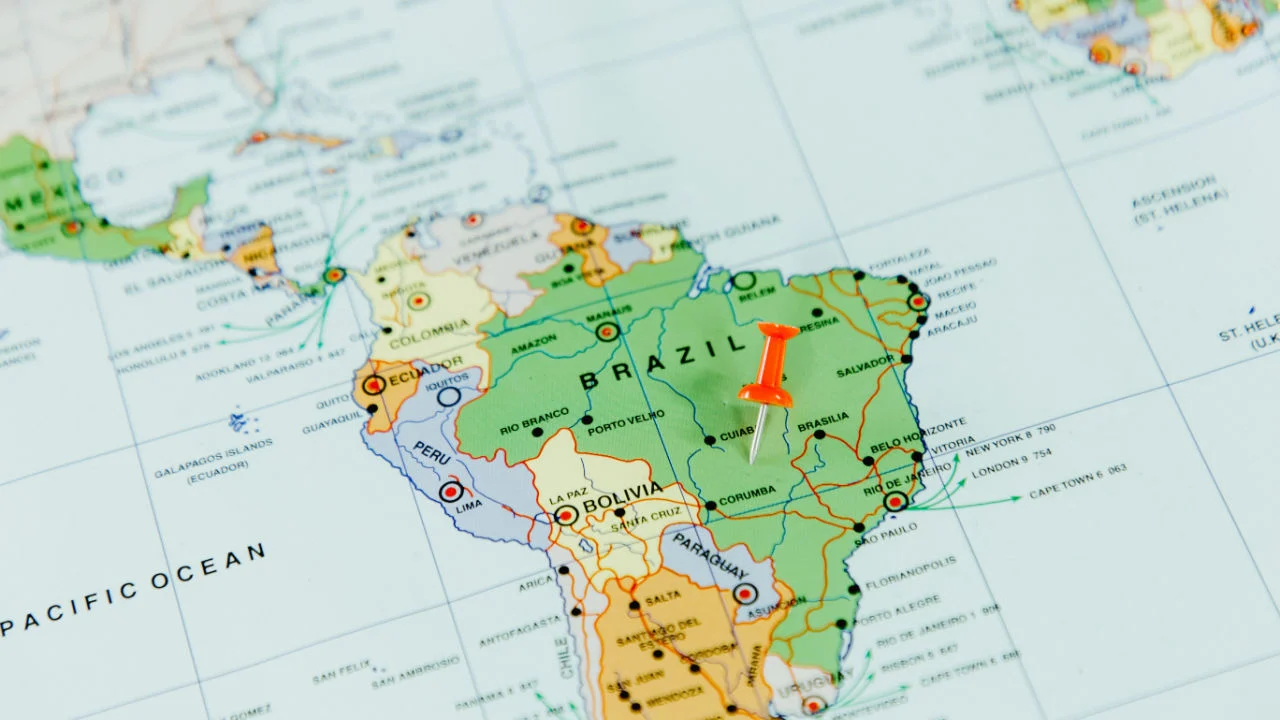Latam Insights — IMF States Latam’s CBDC Interest Rises, Lula Emphasizes Bretton Woods Institutions ‘No Longer Function’

Welcome to Latam Insights, a compendium of Latin America’s most relevant crypto and economic news during the last week. In this issue, the International Monetary Fund (IMF) reports interest in central bank digital currencies (CBDC) in Latam and the Caribbean is picking up, Lula criticizes the current international economic system, and Venezuela integrates the Russian Mir payments system.
IMF Finds Interest in CBDC Picks up Steam in Latam and the Caribbean
A report published by the International Monetary Fund (IMF) revealed that interest in central bank digital currencies (CBDC) remains high in Latam and the Caribbean. According to a recent survey with governments of the region, “half of the respondents were considering both retail and wholesale CBDC options.”
Brazil is one of the countries experimenting with a two-tiered CBDC model, which is in its proof of concept stage. If issued, it would be connected to the “Open Finance” concept of the Central Bank of Brazil.
The reasons for researching CBDCs in the region are diverse, including financial inclusion, monetary sovereignty, and strengthening the access and effectiveness of payment systems.
Brazil’s Lula Declares Bretton Woods Institutions ‘No Longer Function’
Brazilian President Luiz Inacio Lula Da Silva stated that the institutions driving the current global financial order derived from the Bretton Woods agreement are outdated. At the closing of the summit for a new global financial pact, Lula stated:
The Bretton Woods institutions no longer function and no longer meet the aspirations and interests of society. We have to be very clear about this.
Lula, who also explained he would push a de-dollarization agenda at the next BRICS meeting, railed against the role of the International Monetary Fund (IMF) as a financing entity, accusing the institution of causing the bankruptcy of nations. He concluded:
We cannot continue with the same institutions that are functioning erroneously, and the same goes for the United Nations Security Council… The representatives from 1945 cannot be the same as today.
Venezuela Integrates Russian Mir Payments System
The government of Venezuela announced that it was working to integrate Mir, a Russian card and transfer payment system, into its network. According to statements of Calixto Ortega, president of the Central Bank of Venezuela, almost 40,000 point-of-sale terminals were updated to receive payments from Mir-compliant cards.
Ortega stated the central bank aims for 30% of the point-of-sale terminals to accept these cards and convert the payments made in rubles to national fiat currency. Venezuelan President Nicolas Maduro supported this development, stating:
They tried to isolate us monetarily and financially, unfairly, with blockades and criminal sanctions, however, with the incorporation into the Russian Mir Payment System, we are building financial and monetary systems of the new world.
To follow all the latest developments in crypto and the economy in Latin America, sign up for our Latam newsletter below.
What do you think about this week’s Latam Insights report? Tell us in the comment section below.